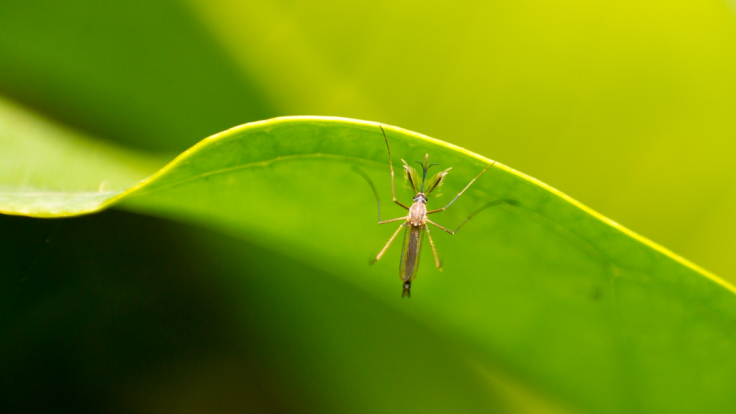Mosquitoes - not only do they ruin people's days and sleep, but they also bring plagues through the diseases they carry. It is no small wonder, then, that almost everyone on Earth wants them gone, or at least the ones that bite and spread illnesses like Dengue, Zika, and Malaria.
Thankfully, humanity has advanced technologically to become capable of repelling and even killing these pests, though not every device works as intended.
However, while many of humanity's technological advancements in this field are praiseworthy, do they work in practice?

Advanced Tech - The Answer To A Mosquitio-Free Life?
Those living near humid areas of the US and familiar with countries with similar climates would be familiar with how to deal with mosquitoes - bug zappers attract and kill them while using products with DEET drives them away from homes, lawns, and gardens.
Thanks to the rise of the smartphone and other technological advancements, many developers released smartphone applications and wearable devices that allegedly create ultrasonic sound waves to deter mosquitoes from coming anywhere near you or the device.
Interestingly, some tech giants, like LG, were quick to cash in on the new technology, thinking they could make a quick buck by jumping on the new tech bandwagon. The company previously unveiled the LG K7i, a smartphone that features mosquito-repelling tech through generating ultrasonic waves, per The Verge.
Meanwhile, companies like Viatek Consumer Products Group, Inc. created wristbands that allegedly repel mosquitoes from their wearer through the mint oil within it. The oil would apparently create a "vapor barrier" that shields people within five feet of the wearer from being bitten for 96-120 hours, per the FTC.
Unfortunately, these devices, wearable or otherwise, or fraudulent in every sense of the word. Consumer Reports mentioned in a post that ultrasonic sound waves/sonic repellents have no proof that they work, while numerous scientific studies proved that not only do they not work, they may provide the opposite effect instead.
The FTC mentioned that Viatek and similar companies took advantage of people's concerns with mosquito-borne illnesses and sold products without scientific support that their wearable devices prevented mosquito bites.
As such, while new tech could be intriguing, some may not work as intended, especially if their features are scientifically unproven.
How To Best Protect Yourself From Mosquitoes
While new, scientifically proven tech is being developed behind the scenes, the best way to protect oneself from mosquitoes and their itchy (but potentially deadly) bites are the tried-and-true ways.
Using lotions and other products with DEET in them will help repel mosquitoes from yourself for quite some time; using oil of lemon eucalyptus is a great alternative in a jiffy.
Plugging in bug zappers that use UV light and Octenol lures is also a great way of killing mosquitoes passively, allowing you to go about your day without worrying about mosquitoes biting you all over.
Last but not least is prevention: getting rid of mosquitoes' habitats like puddles and stagnant ponds goes a long way in keeping yourself safe from the parasites.









